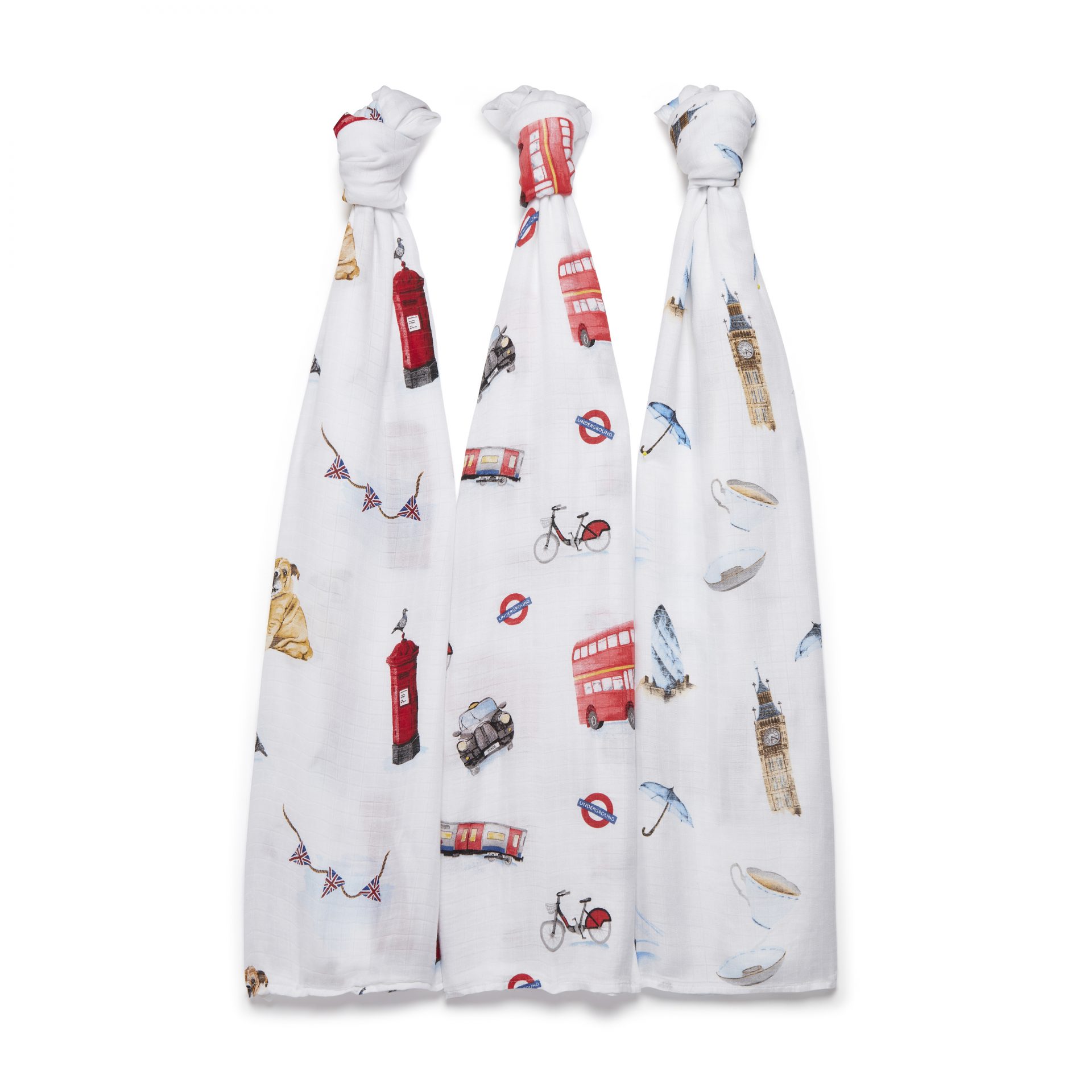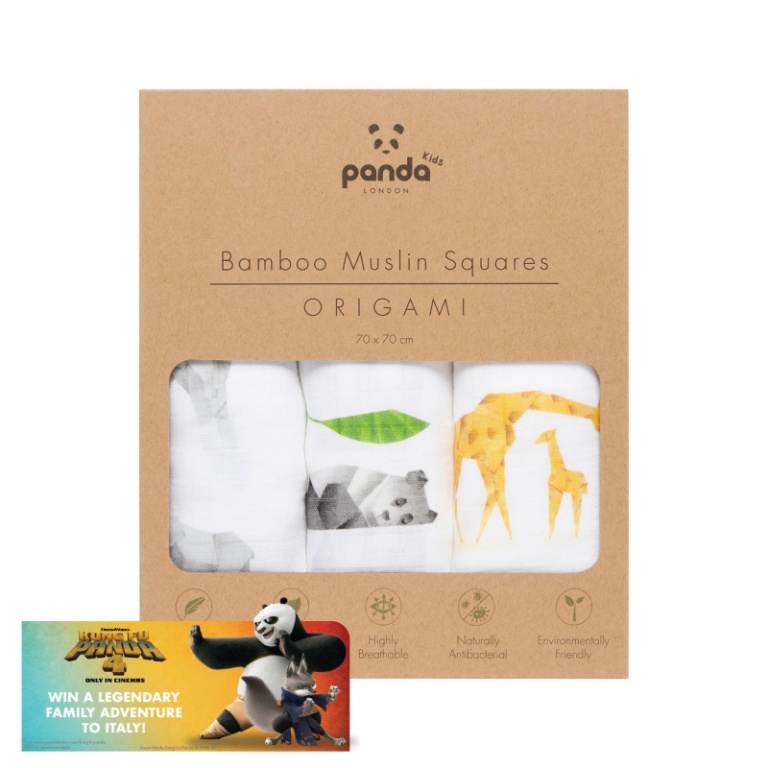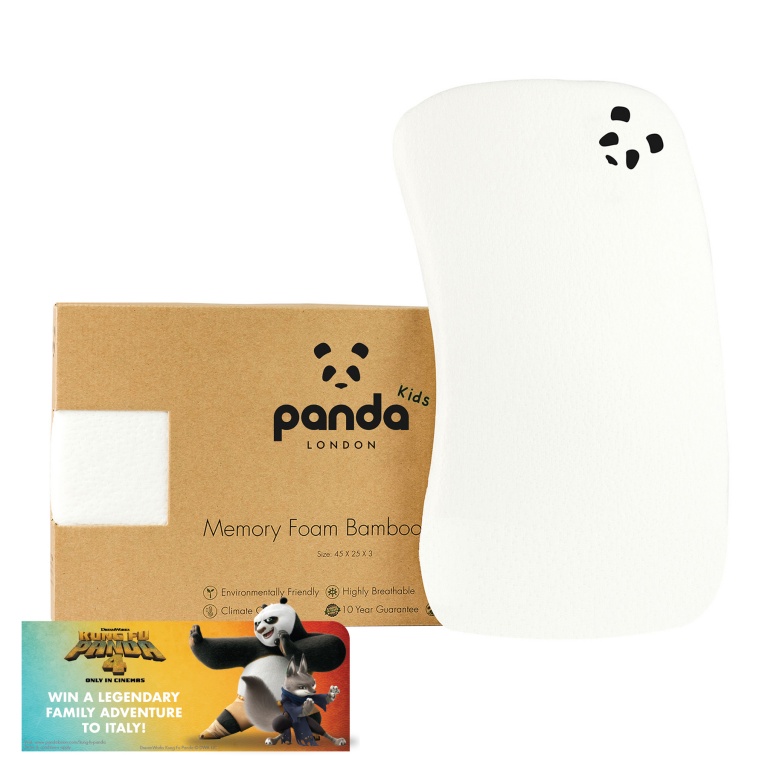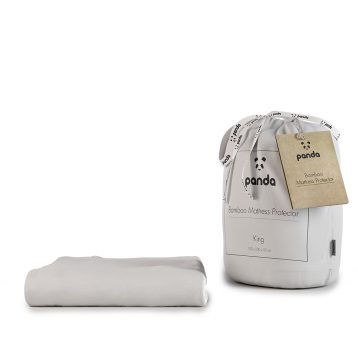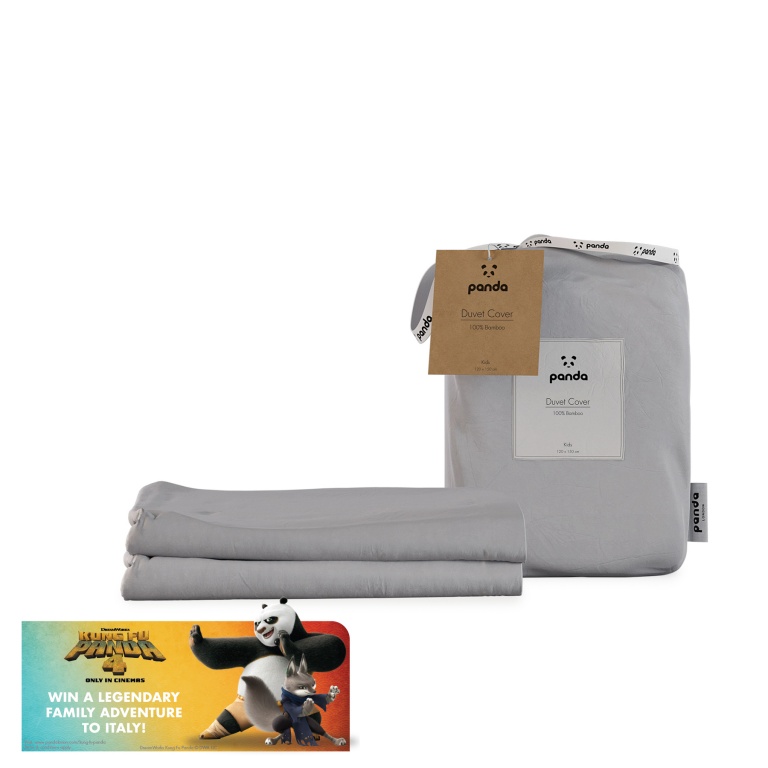The Super Benefits of Sensory Play for Your Newborn
Last updated on September 8th, 2023 at 08:08 am
Little ones love their playtime! And while it may look like it’s all fun and games, a lot is going on behind the smiles as they take in their exciting new world. Sensory play is super important for babies and toddlers. It helps to stimulate the five senses, from introducing new flavours to the feel of different fabrics, as well as providing heaps of other benefits for their development. Before we get to those gold stars, let’s take a moment to understand what sensory play is and how it can help your baby’s healthy growth.
What is sensory play?
Research shows that the foundations of sensory and perceptual systems that are critical to language, social behaviour, and emotion are formed in the early years and are strongly influenced by experiences during this time. Play is one of the things that really aids these sensory systems, and it’s fun, too!
Sensory play is important because, as Amanda Morin says, all children need help learning how to use their senses. From the very first day they are born, children are designed to explore the world via their senses. That’s why babies and toddlers touch everything and put things in their mouths and why kids make funny noises with their mouths and experiment with how the world sounds with their fingers stuck in their ears. It’s why your child spins in circles until they’re so dizzy they fall, then get up and do it again.
Why is sensory play important?
Sensory play engages a child’s senses, such as touch, sight, smell, and sound, to encourage exploration, learning, and development. It often involves materials with different textures, colours, and shapes, such as sand, water, play dough, and baby muslins, and can be beneficial for children’s cognitive, physical, and emotional growth. We are so used to using our own senses that we forget how exciting that journey of discovery is. Looking for ways to let little ones explore these curious new senses in their early years is incredibly beneficial, especially for those under five who are eager to learn and try new things. If you are stuck for ideas on where to start, relax. Being a parent is hard enough! Here are five easy ways to stimulate their five senses every day.
What sensory play activities can parents do at home?
Being a kid is heaps of fun; everything is so exciting! Life is one big adventure, from new sounds to rolling around on the floor. Plenty of things in their daily routine provide sensory stimulation – the key is to try to keep them balanced to promote healthy development across all senses. If you are stuck for ideas on where to start, relax. Being a parent is hard enough! Here are five easy ways to stimulate their five senses every day…
Touch
Swaddling your baby can really help with development. Try to explore swaddling in a range of motions while they are safely cradled in a soft muslin. Having a few baby muslins in your handbag is a life-saver for every parent. Muslins double up as great comforters for bedtime or even long car journeys. Bamboo swaddles come in various oh-so-cute designs; enjoy a browse to find the perfect pattern to keep your baby smiling.
Taste
Nom, nom, nom! Babies and toddlers get excited when they try new foods. Every day try and introduce them to something different, whether it’s a little mashed banana or home-made mixed fruit juice. Trying things little and often will help you learn what tastes they like, trying a good variety can help prevent fussy eating as they grow. Cook with them, or at least let them watch you cook – try giving them some toy pots and pans while you’re making dinner, so it turns cooking into a fun experience.
See
Kids are very visual. A little reading time every day with a picture book, pointing at the different animals or letters even from a very early age can help encourage a healthy appetite for learning. Enjoy a daily dose of story time with your little Panda and give their eyes and growing brains a treat. Letting them play with a patterned baby muslin can also encourage them to recognise different shapes and animals.
Hear
Introducing your little ones to new sounds daily will help stimulate their sense of hearing and get them used to different environments. Having some talking toys or even simple things like bells and clapping can get them used to the magic of sound and clapping along happily.
Smell
Babies’ noses can be very sensitive, though letting them try new smells is important in aiding development. Grab some items from around the house that are as natural as possible, from fresh laundry to baby-friendly bubble baths. This is a great way to expose them to new environments and let them explore through their noses.
Bonus: Movement
Movement encourages proprioceptive development and is driven by your little one’s sense of touch. And boy, do they love touching stuff! Having gentle fabrics to play with, like clothes, blankets or stuffed toys, can help to strengthen a connection with their surroundings.
Sensory toys
Plenty of toys on the market now specifically aim to enhance sensory play for toddlers and children. These are a great way to introduce your children to the idea of independent sensory play, and they are both fun and stimulating. Some of these toys, which can generally be purchased for a reasonable price, include:
- Busy boards
- Fidget toys
- Lava lamps
- Toy instruments
- Dimple popping toys
Sensory play in the digital age
Digital devices are much more present in children’s lives today – most parents have a phone or tablet, and even child-specific devices are available. These tend to be loaded with educational games and the ability to play kid-friendly videos, and they can be a great way to engage in sensory play. However, be sure to limit screen time to just an hour or so per day for little ones; blue light can be detrimental to getting a good night’s sleep.
The Benefits of Sensory play
Want to know the best part? Practicing these fun sensory stimulation activities daily will have super benefits for your little one’s growth. Here are a few of them!
Big brains – Sensory play helps develop the brain’s bridge nerve connections. Starting early could be the secret to growing big, clever brains. Regular sensory play encourages a healthy appetite for learning. Keep at it and before you know it they will be ready for big, kid books!
Enhances memory – You may think that memories are all stored in your phones and photo albums through our senses collect incredibly strong memory links. Sensory play involving smell, touch, and sounds can help enhance your little one’s memory. So they won’t be forgetting that playtime or those sweets you promised.
Soothes little minds – If your baby gets agitated or uncomfortable, perhaps as they are not feeling well or are overwhelmed in a new situation, gentle sensory play can give them something to focus on helping to calm the mind. Having something in your handbag whether a squidgy toy or soft baby muslin can be a lifesaver if they turn on the tears, keeping them calm and smiling.
Wrap them up in magic
Baby Bamboo Muslin
What are the benefits of sensory play for newborns?
There are plenty of sensory benefits for newborns, too – although they’re not at the stage where they can join in with play themselves, it is still worth engaging in this with them. At the newborn stage, they do little besides eating, sleeping and pooping; sensory play is a fun way to add something else into the mix. This is also a pivotal time for their development, where they are a blank canvas with all these opportunities ahead of them. Sensory play will help comfort them, as they’ll be close to you and start their life knowing there is more to it than milk and napping!
When can I start sensory play with my newborn?
You can start sensory play with your newborn from their first few days of life – as soon as you feel up to it! Singing to your new baby is a sensory experience for them, and so is a simple cuddle or skin-to-skin time. While you might not necessarily think of this as ‘play’, it still comes under this umbrella.
Sensory play is a really important part of parenting – spending time helping your child develop their senses is a great way to ensure they go out into the world feeling safe and knowing what they should be doing. From swaddling to singing, there are plenty of easy ways to engage in sensory play at home!
While all of these benefits are essential to grow big and strong, remember, above all, sensory play is fun! It allows your little one to experience the world’s magic through their unique power of sense. From discovering their favourite fruits laughing along to new sounds to cuddling up to their baby swaddling to sleep, enjoy every precious moment of their wonderful adventure.
FAQ
When can I start incorporating sensory play into my newborn's routine?
Last updated on September 8th, 2023 at 08:08 am
You can start incorporating simple sensory activities from birth. Newborns respond to gentle touch, soft sounds, and high-contrast visuals. As they grow, you can introduce more complex sensory experiences.
How does sensory play benefit my newborn's development?
Last updated on September 8th, 2023 at 08:08 am
Sensory play enhances your baby’s cognitive, physical, and emotional development. It helps them learn about cause and effect, improves their motor skills, and encourages bonding between you and your baby.
Are there any safety precautions I should take during sensory play with my newborn?
Last updated on September 8th, 2023 at 08:08 am
Always ensure that sensory materials are safe for your baby. Avoid small objects that could be a choking hazard. Supervise all sensory play activities closely to ensure your newborn’s safety.
Can sensory play help soothe a fussy newborn?
Last updated on September 8th, 2023 at 08:08 am
Yes, sensory play can be great for soothing a fussy newborn. Activities like gentle rocking, swaddling, or providing a soft, textured toy can help calm your baby and provide comfort.
What are the long-term benefits of sensory play for my newborn?
Last updated on September 8th, 2023 at 08:08 am
Sensory play lays the foundation for future learning and development. It can improve problem-solving skills, better social interaction, and a lifelong love for exploration and learning.
Explore our range:
Baby Bamboo Muslins
Rated 5 out of 5£24.00 – £40.00Baby Memory Foam Bamboo Pillow
Rated 4.95 out of 5£24.95Bamboo Mattress Protector
Rated 5.00 out of 5£19.95 – £50.00Kids 100% Bamboo Bedding
Rated 5 out of 5£32.95 – £40.00
Styled By You
Post an image of your Panda Pillow & tag @Pandlondon for the chance to be featured here!








